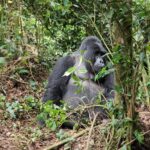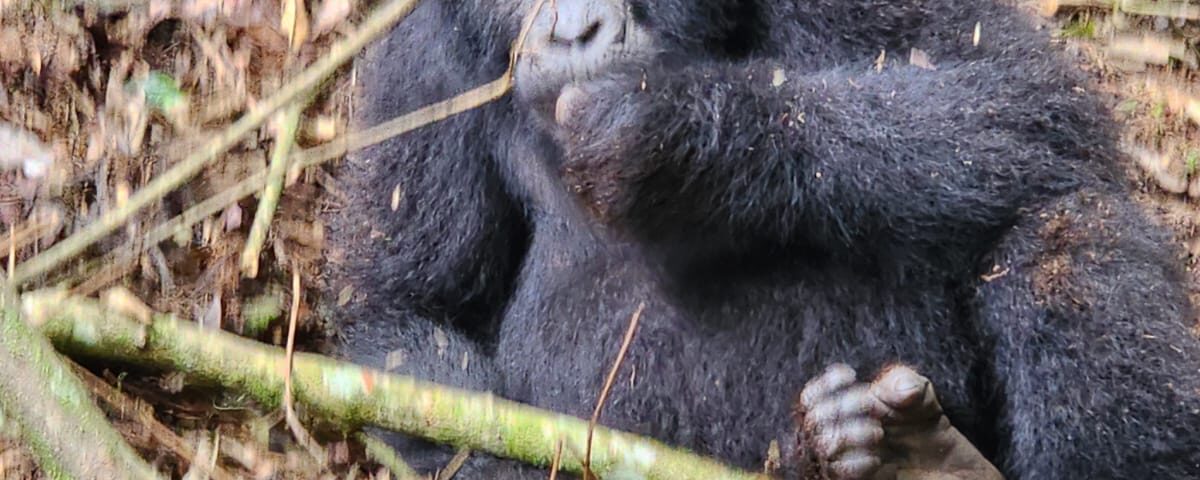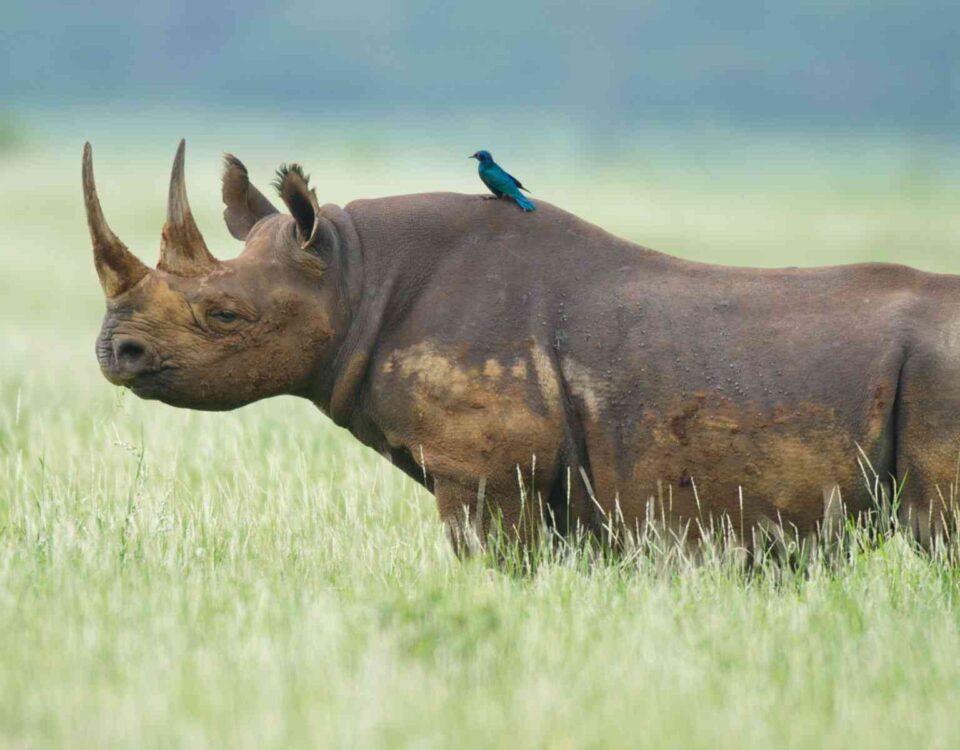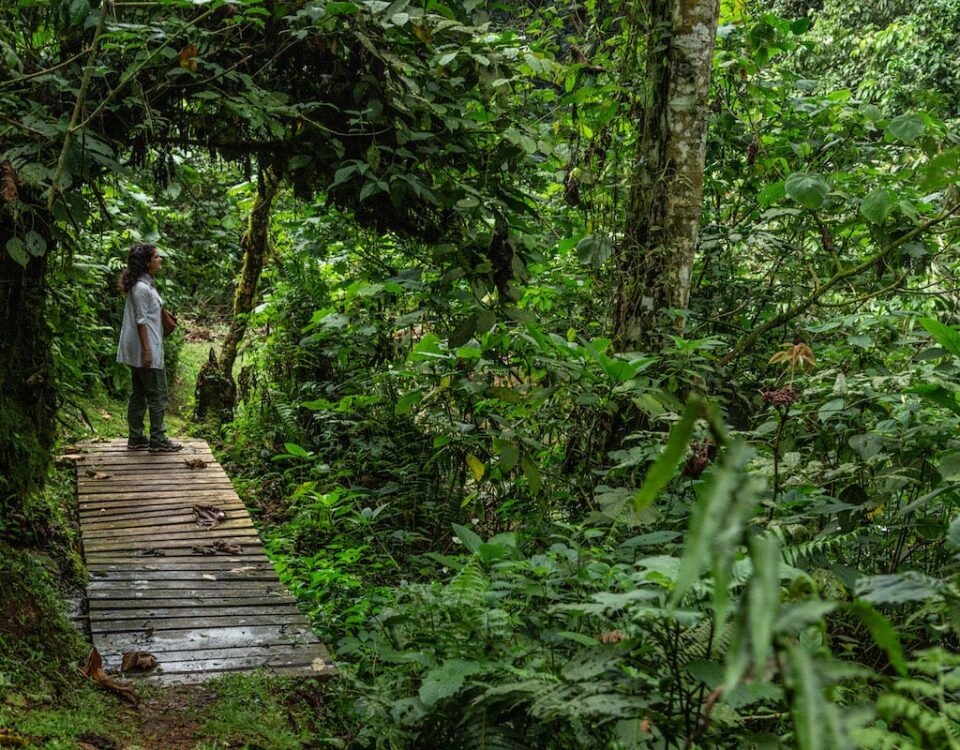
What Should I Do if I Encounter an Animal on My Trek?
March 28, 2025
Is It Possible to Visit the Park During the Rainy Season?
April 1, 2025How Do I Stay Safe from Diseases Like Malaria When Visiting Volcanoes National Park?
Visiting Volcanoes National Park in Rwanda offers a unique opportunity to experience one of the world’s most stunning natural wonders, including the chance to trek with endangered mountain gorillas. However, like any travel destination, particularly in sub-Saharan Africa, there are health risks that travelers should be aware of. Malaria, a mosquito-borne disease, is one of the most common concerns for visitors to the park and the surrounding areas. Understanding how to protect yourself from malaria and other health risks is crucial to ensuring a safe and enjoyable trip.
While the park itself is situated at a higher altitude, where malaria is less prevalent, it is still important to take necessary precautions, especially if you plan on exploring lower altitudes in Rwanda or other areas where malaria is common. In this guide, we’ll explore how to stay safe from diseases like malaria when visiting Volcanoes National Park, as well as additional health and safety tips for your trip.
Understanding Malaria and Its Risks in Rwanda
Malaria is caused by a parasite transmitted to humans through the bites of infected mosquitoes. In Rwanda, malaria is most common in lowland and rural areas, particularly during the rainy season. Although Volcanoes National Park itself is located at a higher altitude, malaria transmission is still a concern for travelers visiting regions with lower altitudes in Rwanda. The risk is generally lower at the park, but taking preventative measures is still essential to avoid potential exposure.
Malaria symptoms include fever, chills, fatigue, headaches, and nausea, which can appear anywhere from a few days to several weeks after infection. If left untreated, malaria can be severe and even fatal. Therefore, prevention is key to staying safe from this disease while visiting Rwanda and Volcanoes National Park. There are several precautions you can take to minimize your risk and ensure a healthy trip.
Preventative Measures: Taking Antimalarial Medication
One of the most effective ways to stay safe from malaria while visiting Volcanoes National Park is by taking antimalarial medication. Antimalarials are medications that help prevent malaria infection and can be prescribed by a healthcare provider before you travel. These medications are typically taken for several days or weeks, depending on the specific drug prescribed.
There are several types of antimalarial drugs available, such as atovaquone-proguanil, doxycycline, and mefloquine. Your doctor or travel health clinic will help determine which medication is right for you based on your medical history, the area you are visiting, and the duration of your stay. It’s essential to begin taking the medication before you travel, continue it during your stay, and complete the prescribed course after returning home. Be sure to follow your healthcare provider’s instructions carefully to ensure maximum protection.
Although antimalarial medications are effective, they should be used in conjunction with other protective measures, as no single method can guarantee complete protection from malaria.
Mosquito Repellent and Protective Clothing
In addition to taking antimalarial medication, using mosquito repellent is a key strategy for avoiding malaria when visiting Volcanoes National Park. Mosquitoes that carry the malaria parasite are most active between dusk and dawn, so it is essential to apply repellent during these times, especially if you plan to be outdoors. Look for a repellent that contains DEET (diethyltoluamide), as it has been proven to be effective in preventing mosquito bites.
When traveling in areas where malaria is a concern, it’s also important to wear protective clothing. Long-sleeved shirts, long pants, and socks can help reduce exposed skin, making it harder for mosquitoes to bite. Lightweight, light-colored clothing is best, as dark colors tend to attract mosquitoes. Additionally, if you are staying in lodges or camps at lower altitudes, make sure that your sleeping area is well protected from mosquitoes. You can use bed nets or request accommodations that have screens or mosquito-proof rooms to ensure you’re not exposed during the night.
Staying in Malaria-Protected Areas
When planning your trip to Volcanoes National Park, it’s essential to consider the malaria protection measures in place at the accommodations you choose. Many lodges, hotels, and camps in the area are equipped with mosquito nets, insect screens, and other preventive measures to protect guests from mosquitoes. Before booking your accommodation, confirm that they take appropriate steps to keep mosquitoes away from guest rooms and common areas.
In addition to staying in malaria-protected accommodations, consider asking your guide or park rangers for advice on malaria precautions while trekking in the park. While the higher altitude of Volcanoes National Park reduces the malaria risk, it’s still good practice to use insect repellent when you’re outside, especially if you’re trekking through forests and areas with dense vegetation.
Cultural Experiences and Malaria Prevention Education
In addition to taking physical precautions, travelers should also take advantage of the local knowledge available to them. When visiting Volcanoes National Park, you may have the chance to engage in cultural activities with local communities, such as the Batwa people or the local farming communities. These experiences often include educational components, where locals share insights on traditional methods of combating malaria and other health-related practices.
The Batwa, for example, have historically lived in close proximity to forests, and their communities have developed strong knowledge of natural remedies and practices to prevent illness. While modern malaria prevention methods like antimalarial medication and insect repellents are crucial, learning about the cultural approaches to health from local communities can deepen your understanding of how people in Rwanda have lived alongside the risk of diseases like malaria for generations.
These cultural exchanges can also offer children and families an opportunity to better appreciate the local ways of life while fostering a sense of respect for the traditions and practices that help communities thrive, even in areas where malaria is a concern.
Other Health Considerations for a Safe Trip
While malaria prevention is a primary concern for travelers to Rwanda, it’s important to be aware of other health risks and how to mitigate them. For example, travelers should be up-to-date on routine vaccinations such as hepatitis A, hepatitis B, and typhoid, which are recommended for anyone visiting Rwanda. Depending on your medical history and travel plans, additional vaccinations, such as the yellow fever vaccine, may be required or recommended.
Other practical health tips include drinking only bottled or purified water to avoid waterborne diseases and ensuring that you practice good hygiene, especially during meals. Avoid consuming food from street vendors unless it is properly prepared and cooked.
Conclusion: Staying Safe and Enjoying Your Visit
In conclusion, staying safe from diseases like malaria when visiting Volcanoes National Park is entirely possible with the right precautions. Taking antimalarial medication, using insect repellent, wearing protective clothing, and staying in malaria-protected accommodations are all effective strategies for minimizing your risk. Additionally, learning about local health practices and engaging in cultural experiences can enhance your understanding of how local communities manage health risks, offering a richer and more rewarding experience during your visit.
By being proactive in your health preparations, you can focus on enjoying the incredible experiences Volcanoes National Park has to offer, such as gorilla trekking, birdwatching, and exploring the lush landscapes, without worrying about disease. With the right preparation, your trip to Volcanoes National Park can be both safe and unforgettable.



